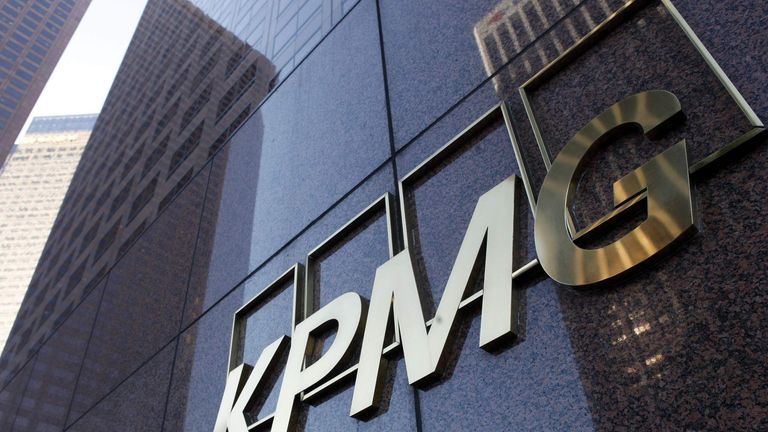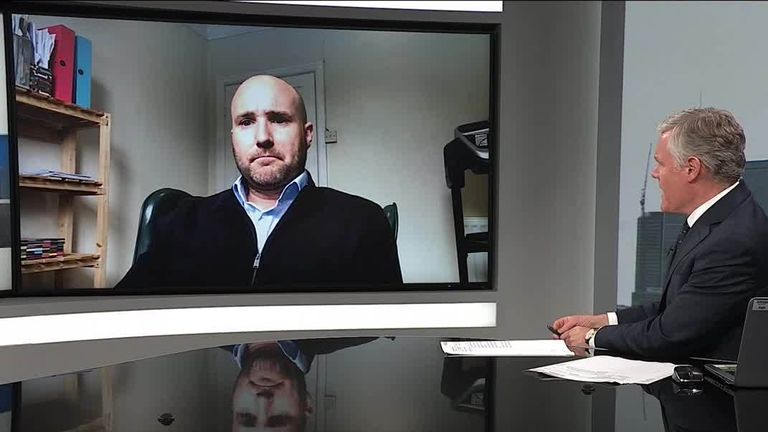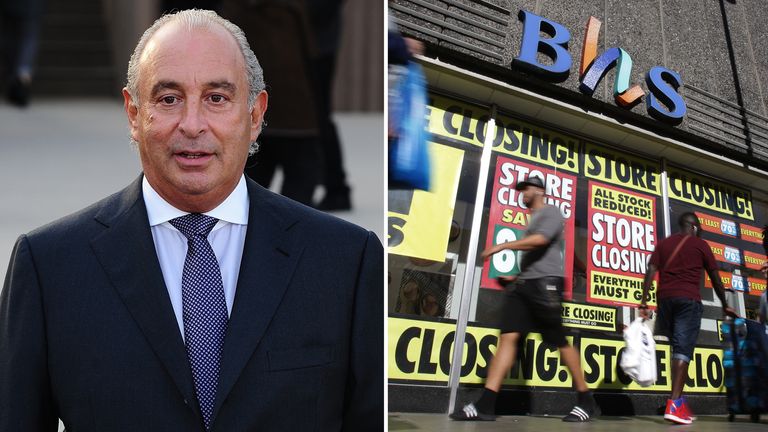Audit reform: Woeful quality check results must set alarm bells ringing
Sky's Ian King says the regulator's latest findings pile pressure on ministers to get a grip on audit reform - for all our sakes.
Tuesday 14 July 2020 13:49, UK
The accounting profession has received many broadsides from its regulator, the Financial Reporting Council (FRC), some of which have had more impact than others.
Today's, however, will have more impact on the under-fire sector than most.
Publishing the results of its annual quality test on the quality of audits, the FRC revealed that fully one-third of audits had failed, compared with 26% last year.
The findings will raise fresh concerns - if not dismay - among investors and the wider public about the quality of the scrutiny to which company accounts are subjected.
The profession is already in the dock for its failure to identify problems at companies that subsequently collapsed, such as the outsourcing company Carillion and the bakery chain Patisserie Valerie, not to mention the retailer BHS.
One of the so-called 'big four' audit firms, EY, has come in for heavy criticism during recent weeks after Wirecard, the payments processing firm, was brought to its knees in Germany's biggest ever corporate collapse.
It has since emerged that EY failed to carry out even basic functions, such as checking bank statements, over a three-year period while auditing Wirecard. Doing so would have quickly established that Wirecard did not have some €1.9bn in cash that it had previously claimed to have.
The FRC did quality checks on 88 audits by the big four - PwC, Deloitte, KPMG and EY - and by three other firms, BDO, Grant Thornton and Mazars. It found that 29 of these required improvement with seven requiring 'significant' improvement.
KPMG had the most problems among the big four, with seven out of 18 of its audits requiring improvement.
The FRC said that KPMG needed to "improve, as a matter of urgency", the quality of its audit work on banks and building societies in particular. KPMG's audit customers in the banking sector include Barclays.
Outside the big four, Grant Thornton came up short most strikingly, with four of the nine audits it carried out that were inspected by the FRC being judged as needing improvement.
The FRC cited examples of Grant Thornton's audit teams failing to come up with sufficient "relevant and reliable audit evidence" when measuring a significant revenue stream of one particular client.
David Rule, the FRC's executive director of supervision, said: "We are concerned that firms are still not consistently achieving the necessary level of audit quality.
"While firms have made some improvements and we have observed instances of good practice, it is clear that further progress is required. The tone from the top at the firms needs to support a culture of challenge and to back auditors making tough decisions."
The FRC's damning findings come as the government continues to drag its feet in replacing the regulator itself and tightening scrutiny of the audit sector.
Sir John Kingman, the chairman of insurer Legal & General and previously a senior official at the Treasury, published a review for the government as long ago as December 2018 in which he described the FRC as "a ramshackle house... constructed in a different era".
He recommended it be replaced with a new body, with more teeth, called the Audit, Reporting and Governance Authority (ARGA).
The government accepted his findings but, amid the subsequent drift and delay, the FRC's former chairman Simon Dingemans, who had been expected to lead the transition to ARGA, has left to take up a new role at the private equity firm Carlyle Group.
Separately, the Competition & Markets Authority has recommended the structural separation of the auditing and consulting arms of the big four, while an independent review for the government in December last year by Sir Donald Brydon, the chairman of the London Stock Exchange, urged a number of major reforms that included strengthened standards for auditors, changes in how auditors report to the public, a separate professional body for auditors and introducing an obligation on auditors to proactively seek out fraud.
The lack of progress was highlighted on Tuesday by the Business, Energy & Industrial Strategy committee in the House of Commons in a report that criticised the government for failing to act more quickly.
Darren Jones, the chairman of the committee, said: "Recent audit scandals highlight the need for the government to tackle this issue as a matter of urgency."
Ministers will doubtless argue that, amid having to respond to the COVID-19 pandemic and prepare for a probable 'no deal' scenario at the end of the UK's Brexit transition, they already have a lot on their plate.
Yet this issue has dragged on for many years. The lack of progress continues to undermine the confidence of investors in the quality of audits and in wider financial reporting. It also risks further corporate collapses.








